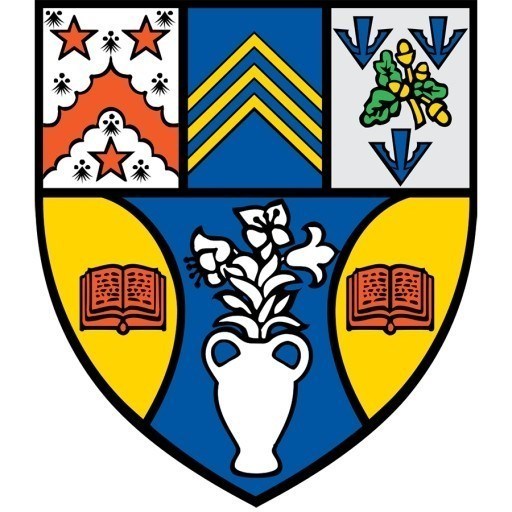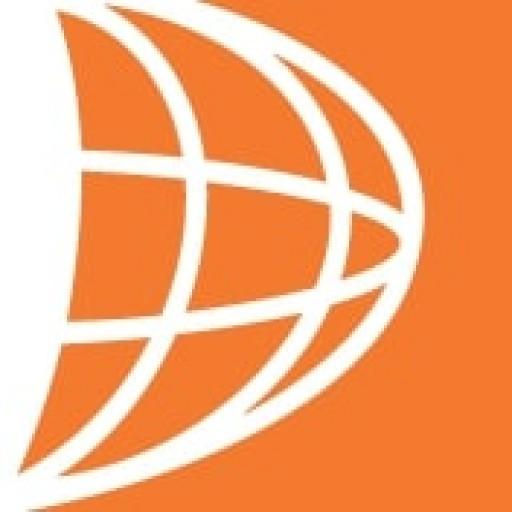Photos of university / #abertayuni
Advertisement
* Develop core development skills through applied project work, supported by experienced industry practitioners
* Enhance skills in interdisciplinary communication and collaboration through team work with students and practitioners from other areas of games development
* Apply developing technologies and practices to your own projects, and demonstrate your work to leading industry figures
* Nurture relationships with fellow developers, industry professionals and companies through your demonstrable skill in the creation of games, industrial mentorships and published research.
The Scottish Centre for Excellence in Computer Games Education at the University of Abertay offers a unique postgraduate experience, specifically designed in discussion with game industry partners, and identified by one leading CEO as, `The course the Games Industry has been waiting for!´.
As postgraduate students, highly-talented individuals work within games development teams towards the production of innovative computer games solutions. Working closely with a team of full-time staff who are highly-experienced in both the games industry and in academic teaching, and under the guidance and mentorship of computer games industry representatives, you will develop professional skills and knowledge relevant to identified development roles within the industry.
During the course of your studies you will ultimately be expected to demonstrate applied excellence in your specialist area, as well as professionalism, flexibility, the ability to adapt in team working situations, and creativity and innovation towards product development.
The goal of the MProf in Games Development is to turn graduates into professional developers by placing them into development teams, with industry-relevant project goals and deliverables. The teams enjoy a high level of independence in how they meet the game design briefs and approach the development process.
Supervision, mentorship and academic support look to emphasise the consequences of their decisions and processes, allowing the students to experience an organic and logical development and evolution of best practices. In addition, students develop their awareness in areas of potential innovation and research, and are encouraged to publish their work.
The remaining core elements of the course seek to separate the myths from the realities of working in the games industry, and expand students awareness of design considerations with regards to the comparative importance and impact of narrative and gameplay theories. Uniquely, students select optional modules from across the entire university, allowing further development of their core skills if required, but more specifically allowing for a more individual and tailored learning experience through the additional study of areas of personal interest such as business, marketing, psychology and perception.
Open, flexible working spaces
We have developed a unique concept of learning environment and creative incubator, encompassing ways of teaching that focus on building general skills alongside the subject-specific knowledge to support your career and life objectives. It is designed to give you the edge in the global knowledge economy when you graduate.
This White Space environment is a thriving hub of activity, mixing the talents of undergraduates, postgraduates, lecturers, business people, artists and broadcasters, surrounding our students with the buzz of a real working environment, allowing them to share real-world knowledge and experience.
How you learn and are assessed
Assessment methods throughout the core modules focus on formative (constant) assessment through regular meetings and discussion sessions, rather than exams. This is to allow students to improve in confidence, communication skills and core discipline skills as they progress, allowing them to try new working practices and approaches as and when they may be required. An emphasis is placed on effective participation as a team player, and in correctly identifying and prioritising a projects key requirements and challenges.
Want to improve your English level for admission?
Prepare for the program requirements with English Online by the British Council.
- ✔️ Flexible study schedule
- ✔️ Experienced teachers
- ✔️ Certificate upon completion
📘 Recommended for students with an IELTS level of 6.0 or below.
Tuition Fees for students from England, Northern Ireland, and Wales (RUK) for 2014/15
The annual fee for Abertay University undergraduate and postgraduate students from England, Wales and Northern Ireland will be £7,000 per year from 2014/15.
If you are studying full-time, you may be eligible to apply for a tuition fee loan to cover your tuition fees in full. You make one application to Student Finance England for your fee loan and your student support. The Student Loans Company (SLC) will pay your tuition fees directly to the University.
Students who are taking suitable A Levels are encouraged to apply for direct entry to year two of an undergraduate degree. Successful students could then graduate with a Bachelors Degree after two years of study or a Bachelors Degree with Honours after three years of study.
The University's policy is that Northern Irish students who are Irish passport holders and are domiciled in Northern Ireland are only eligible for EU fee status if they have resided in the EU (outwith the UK) prior to living in Northern Ireland.
Bursaries
Bursaries are available to those students from England, Wales and Northern Ireland where household income (assessed by Student Loans Company) is less than £34,000 per annum. Bursaries are awarded for the full duration of the undergraduate degree programme (i.e. each year up to a maximum of 4 years) provided that the student continues to meet the household income criteria. Bursaries are awarded as a cash payment (paid in two instalments in October/February) to the student as default option. Upon request, students may also have the choice of taking the award as a discount from either tuition fees or accommodation fees.
Scholarships
The University offers a scholarship of £1,000 to students liable to pay the RUK tuition fee who obtain grades of ABB at A Level.
Accreditation
The MProf Games Development is accredited by Skillset, the national sector skills council for creative media, as part of the Skillset Media Academy Network.






